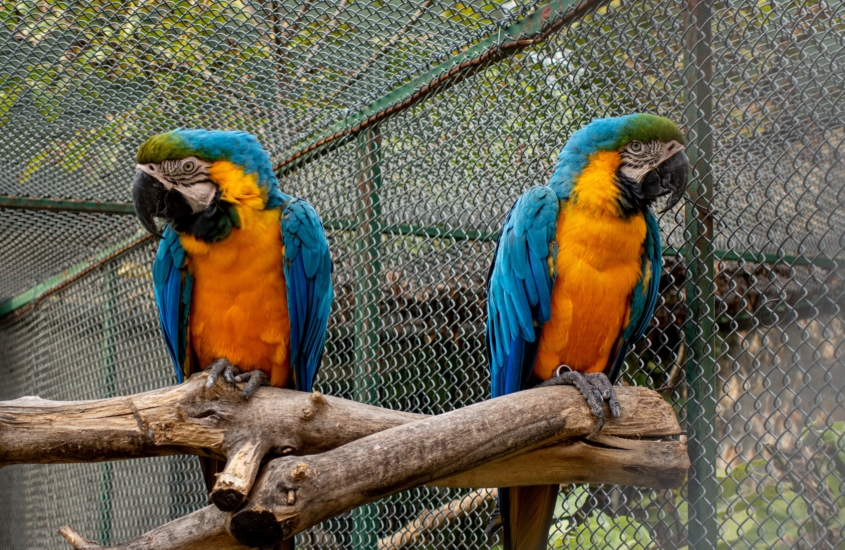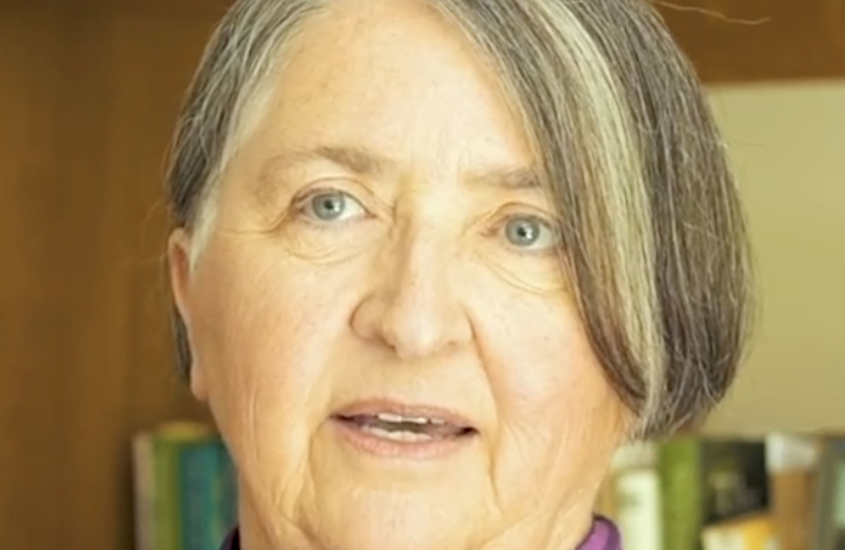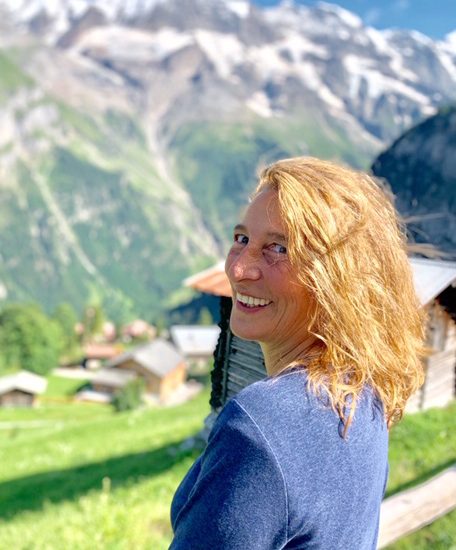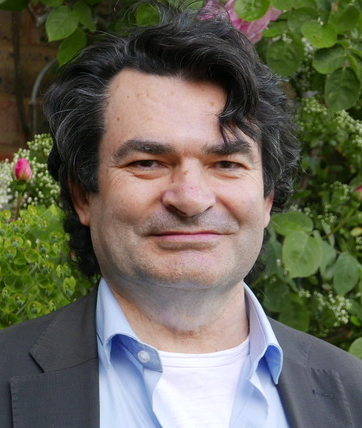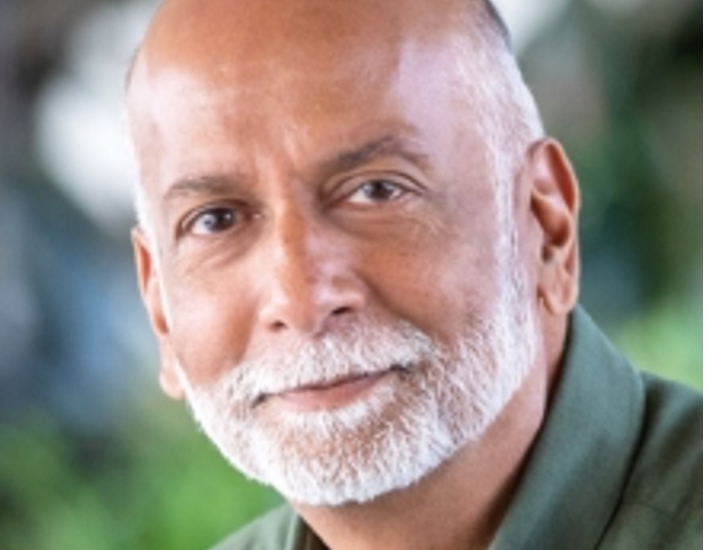Understanding Ourselves, November 6, 2022
Understanding Ourselves
Sunday, November 6, 2022
With Jackie McInley
Zoom Online
Twelve participants joined Jackie online at 10am on a Sunday morning. There seemed to be a readiness to jump right in without delay with some deep inquiries concerning our identities. Are we truly interested, it was asked, in exploring such fundamental questions as “What or who is the thinker?” and “Is the thinker separate from thought?” Are we assuming that we are mature enough in our understanding to make conclusions about such issues and is there clarity about the difference between our observing and our thinking about our observations? Such questions stimulated a good deal of discussion about a variety of related topics, including the asking “Is there an I at all?” Jackie inquired if Krishnamurti himself said that there is no “I”? Is “I” just a thought? Is the “I” thought a product of the subconscious mind, and is the subconscious real or is it comprised of that which we do not want to look at?
The focus turned from observing to the issue of listening and the possibility and difficulty of listening without reaction. The value of sitting quietly and watching the mechanisms of thought was discussed along with the difference between deliberate and mechanical thought and what Krishnamurti spoke of on those subjects. Do we see what is real or do we just perceive the appearance of realness? And what place does fear have in our observing and being with what is? Again it was asked if we can truly see the robotic nature of our thinking in such a way that we are free of it?
The consideration of the various questions occupied the group for well over the time put aside for the gathering (two hours). The session was then brought to a close by Ralph with an announcement of the upcoming supplementary workshop with Jackie towards the end of the month. In addition to the regular Sunday meeting on November 20, there will be a five-session workshop for two hours per session from November 23 to 27, Wednesday to Sunday, The workshop, entitled “Unfolding Conflict”, will be an opportunity to penetrate even more deeply than usual into basic issues of interest to the participants, with perhaps a focus on conflict, a subject given great emphasis by Krishnamurti in his teaching.
DB

